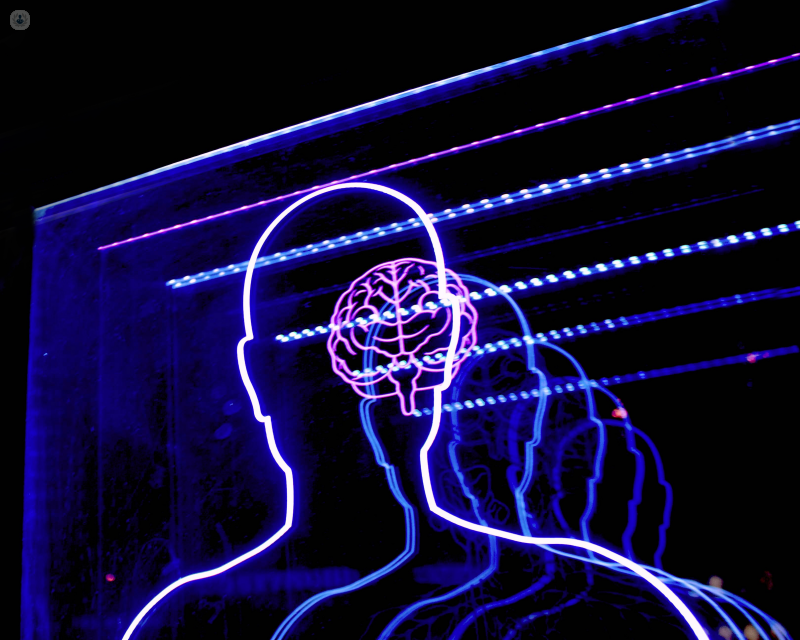Coronavirus and epilepsy
Autore:Approximately 600,000 people in the UK have epilepsy. As cases of COVID-19 rise across the country, many of you with epilepsy may be wondering how coronavirus may affect you.
We spoke with a leading London neurologist, Dr Dora Lozsadi, to find out some of the answers to the most frequently asked questions.

Does epilepsy affect the immune system? Are epileptics more at risk of symptoms?
Epilepsy is a disease caused by overactive brain networks. This condition does not affect the immune system. However, the causes of epilepsy are multiple. Those suffering from seizures will know whether this is caused by a stroke, meningioma or past head injury. These conditions will not affect the body’s defences. However, if there is associated breathing, a swallowing problem, or additional risk from age, this does change.
There are other neurological problems causing epilepsy, such as a brain tumour or vasculitis (autoimmune inflammation of blood vessels), they are treated with immunosuppressive drugs. These patients may be at increased risk, and should contact specialists prescribing their medication for further advise. Some epilepsy patients are prescribed ACTH, steroids or everolimus, these medications do affect the immune system. Your specialist will advise you if any action is needed.
Those vulnerable have been contacted by their GP, if not, may register: https://www.gov.uk/coronavirus-extremely-vulnerable.
Can the coronavirus trigger seizures?
No. Coronavirus causes infection of lung tissue (interstitial pneumonia), leading to breathing problems. Seizures may be more likely if the individual’s temperature is high. Most people with epilepsy will know their risk, i.e. may have suffered seizures in the past with other febrile illnesses. With time we expect to know more, as some infected with COVID-19 lose their sense of smell. Some treatments offered for coronavirus may interact with medication taken for epilepsy. Doctors are aware of this and can check with their pharmacist or on the ABN website.
What medication should epileptics take or avoid to treat symptoms?
Advise is similar to that offered to the general public. Stay at home to prevent infection, or if infected but well, avoid spreading the virus. If symptomatic (unwell) consult NHS 111 online, or your GP for further advice. Keep taking prescribed medication as recommended, and wash your hands.
Is it necessary to get extra epilepsy medicine in case going outside or to appointments isn’t possible?
GPs and community pharmacists are doing their utmost to ensure medication reaches people. If your stocks are low (10 days or less), please contact them over the phone. Should that fail, a local pharmacy will offer emergency supply for a couple of days. Your epilepsy nurse or specialist may also be able to help if all above fails. Ensure you have regular supplies, a reserve for a week at least) without stockpiling.
Should epilepsy patients on specific diets, like the ketogenic stop if they show symptoms or become ill?
There is no data to suggest a ketogenic diet puts people at risk of coronavirus infection. Restriction on travel and NHS services, however, may make monitoring a challenge. Those prescribed with a ketogenic diet should receive advice from their specialist. Some conditions (e.g. Glut 1 deficiency) require this diet as treatment of the underlying condition as well as epilepsy).
Regularly updated information may be found at https://www.epilepsy.org.uk/info/daily-life/safety/coronavirus-covid-19
For more guidance or health advice in relation to neurology, you can book a consultation with Dr Dora Lozsadi via her Top Doctors profile.



